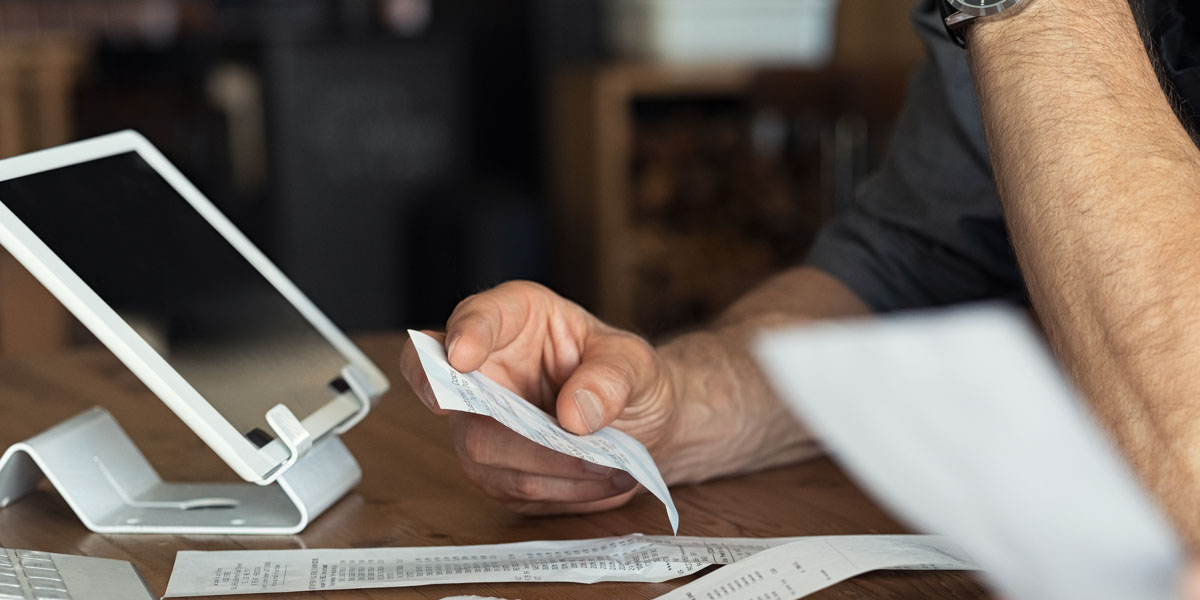For an out-of-province business selling goods to B.C. customers, the requirement to register for a provincial sales tax (PST) is anything but clear cut, particularly when selling online.
If your business is a non-resident of B.C., there are two possibilities to consider:
- Businesses located in Canada, but outside of B.C.
- Businesses located outside of Canada
Businesses located in Canada, but outside of B.C.
A Canadian business located outside of B.C. is required to register for B.C. PST if all the following conditions are met and the business:
- Sells taxable goods to customers in B.C.
- Accepts orders for taxable goods from B.C. customers
- Delivers taxable goods in B.C.
- Solicits for orders in B.C.
Generally, the first three criteria are easy enough to assess. If a B.C. customer ordered a product online, your business accepted the order and the product is shipped to the customer in B.C., the first three criteria are met. Personally, I have always found the first criterium superfluous.
The “solicit for orders” is generally up for debate. If your business has a website accessible from anywhere in the world, that isn’t considered soliciting. However, for example, if you solicit sales in B.C. through targeted online advertisement, that’s now considered soliciting.
If you meet all four of the above criteria, you’re required to register and collect B.C. PST.
What if you don’t solicit in B.C., but ship your inventory to a third-party warehouse in B.C. to be fulfilled?
Even if your business is located outside of B.C. and you do not solicit in B.C., you are still likely required to be registered. The minute your inventory is kept in B.C., you accept orders from B.C. customers and use that inventory to fulfill the orders, you must register for PST.
Business located outside Canada
A business located outside of Canada is required to register for B.C. PST if all of the following conditions are met and it:
- Sells taxable goods to customers in B.C.
- Accepts orders for taxable goods from B.C. customers
- Holds inventory in B.C. to sell to B.C. customers.
The province is silent on non-Canadian businesses that do not keep any inventory in B.C.. Presumably the silence means such businesses are not required to register for B.C. PST.
If you are using a fulfillment service such as FBA (fulfilled by Amazon) or FedEx Fulfillment, as a non resident of Canada, you need to know where the inventory is kept to determine if you need to register for PST.
B.C. is Not Alone
Let’s not forget that there are other provinces in Canada where a provincial tax is applicable; namely, Saskatchewan, Manitoba, and Quebec. Each of those provinces has its own set of non-resident registration rules and each set of rules are administered by a different tax authority. A determination for each province will need to be made separately, and that’s a discussion for another blog post.
If you are selling goods or software to customers in B.C. and are uncertain about the PST implications to your business, please discuss your concerns with your indirect tax specialist.
Angela Chang, CPA, CGA, CAFM, Indirect Tax Services at 778.374.2121 or [email protected]






